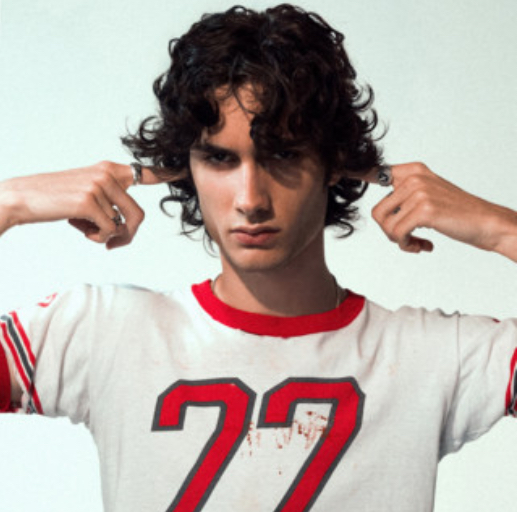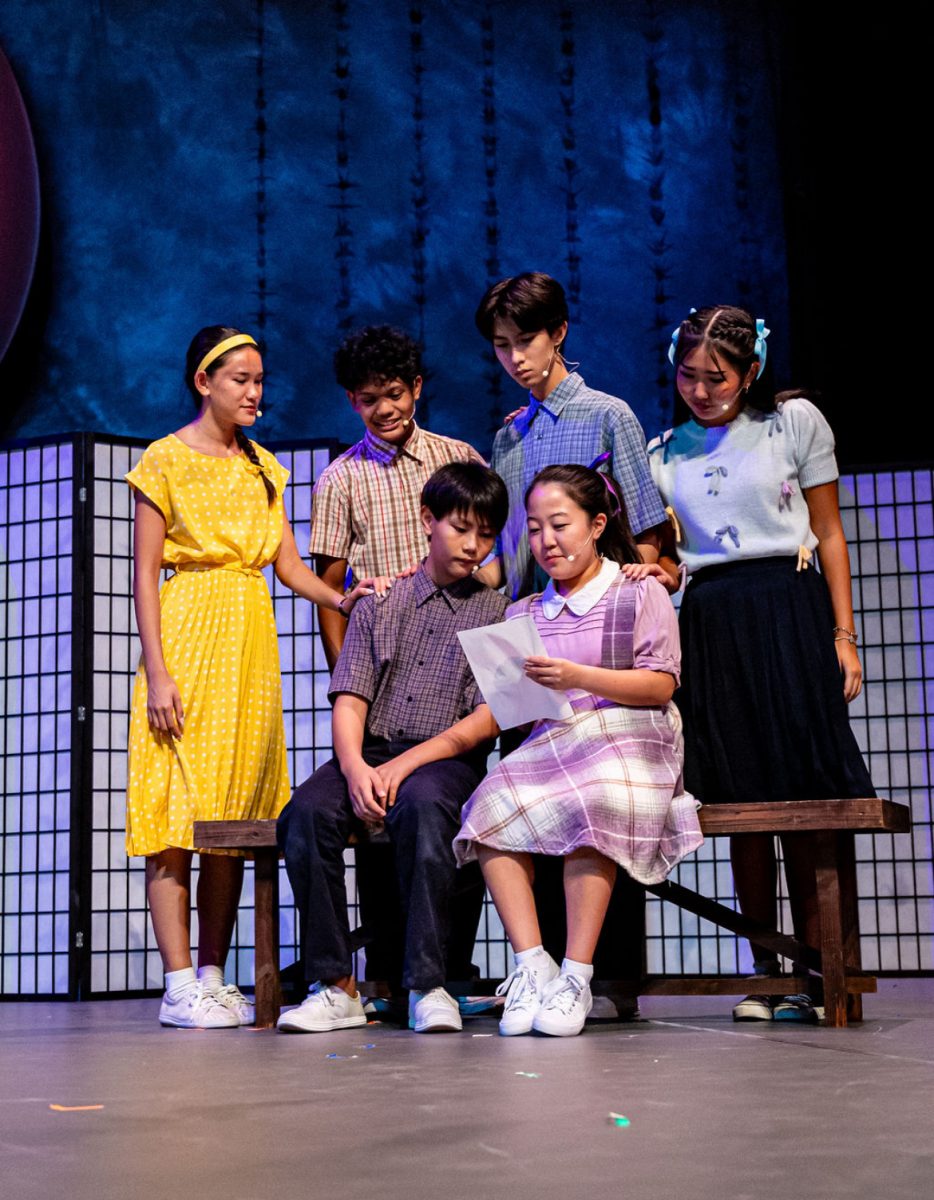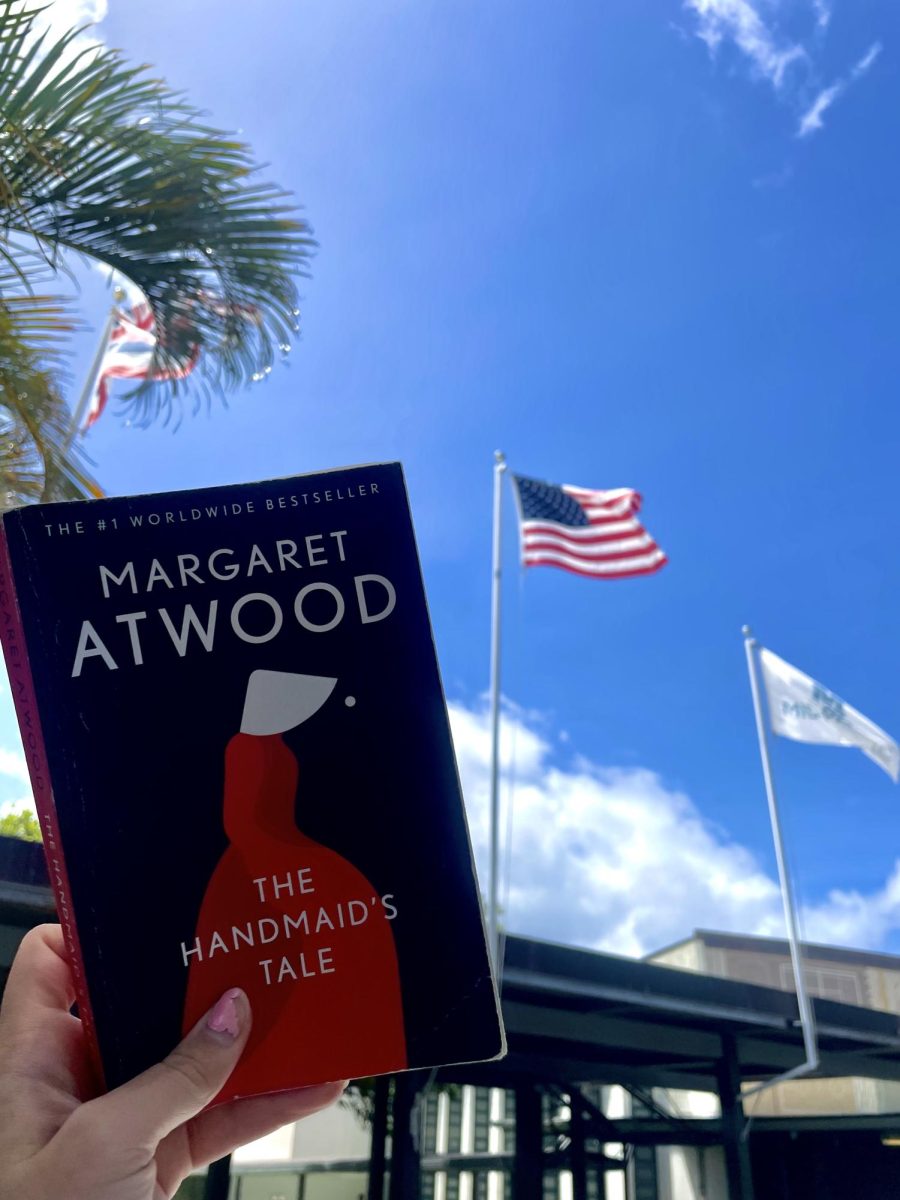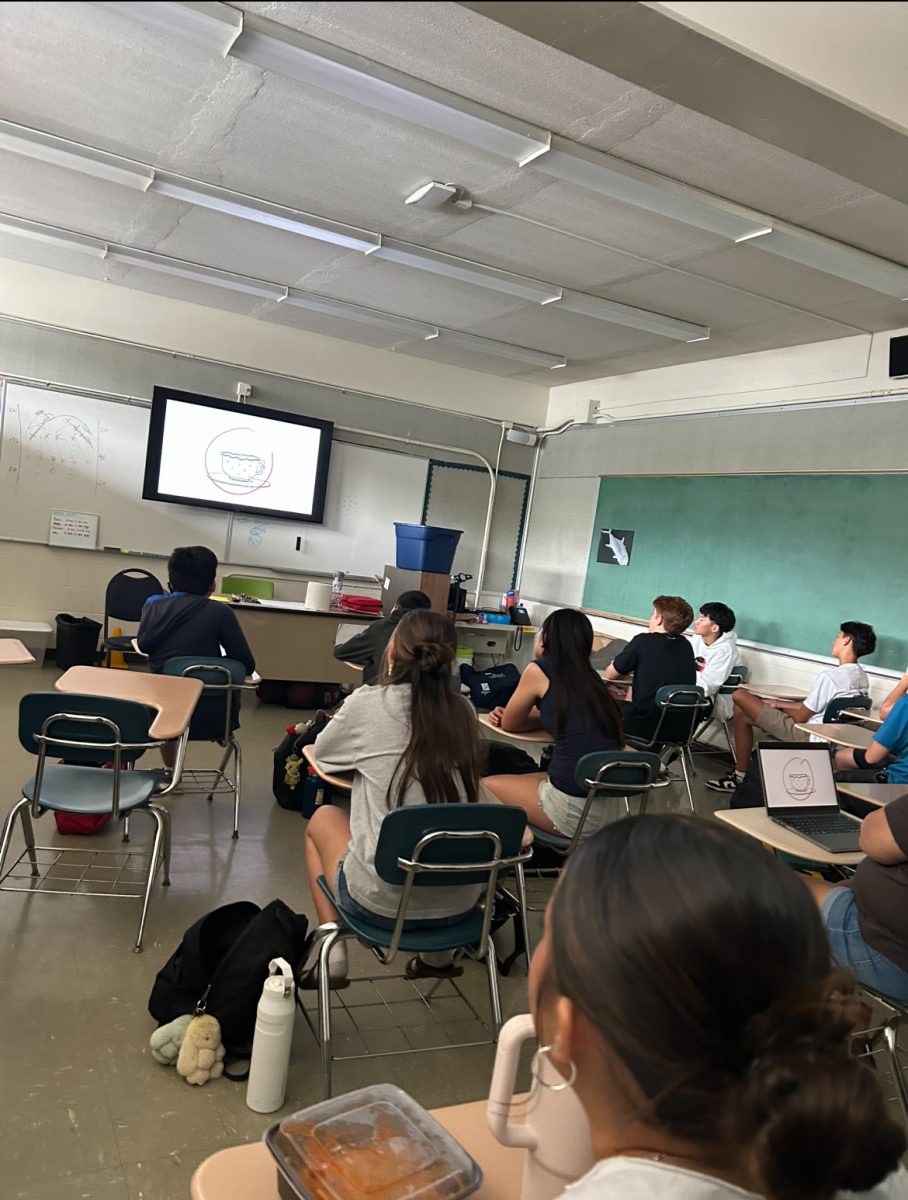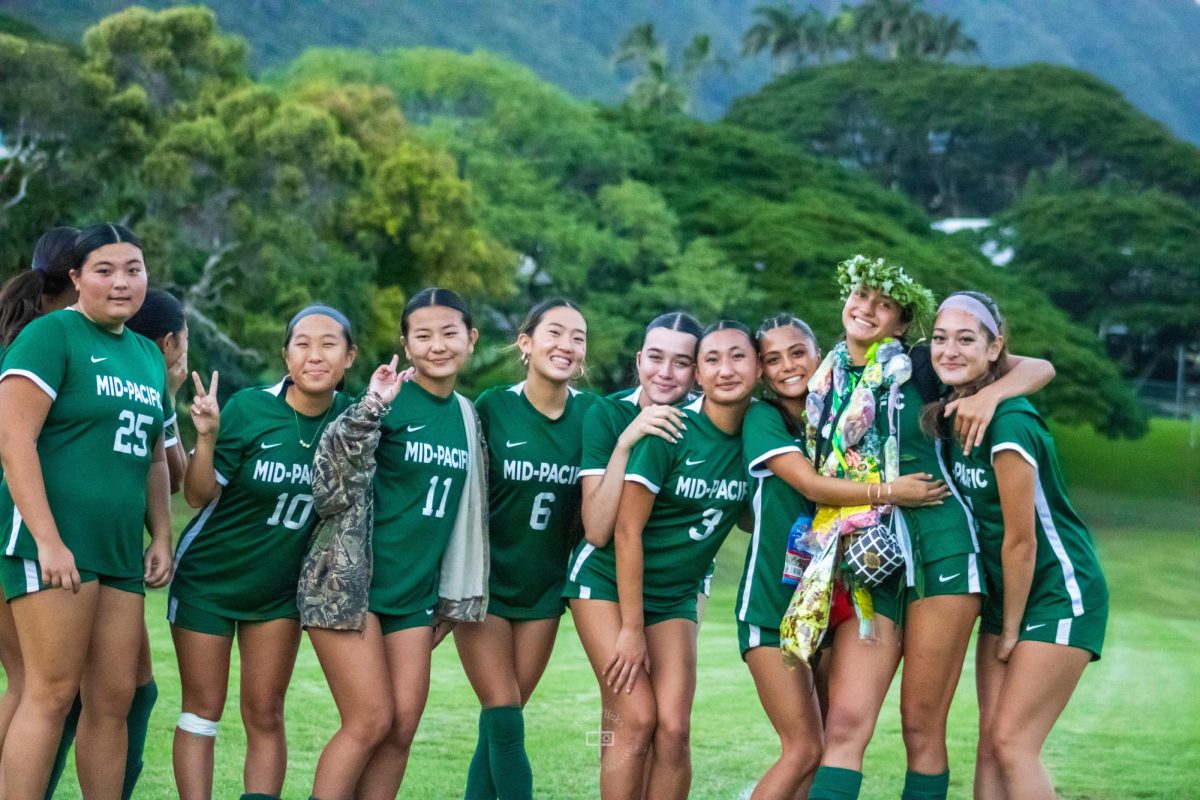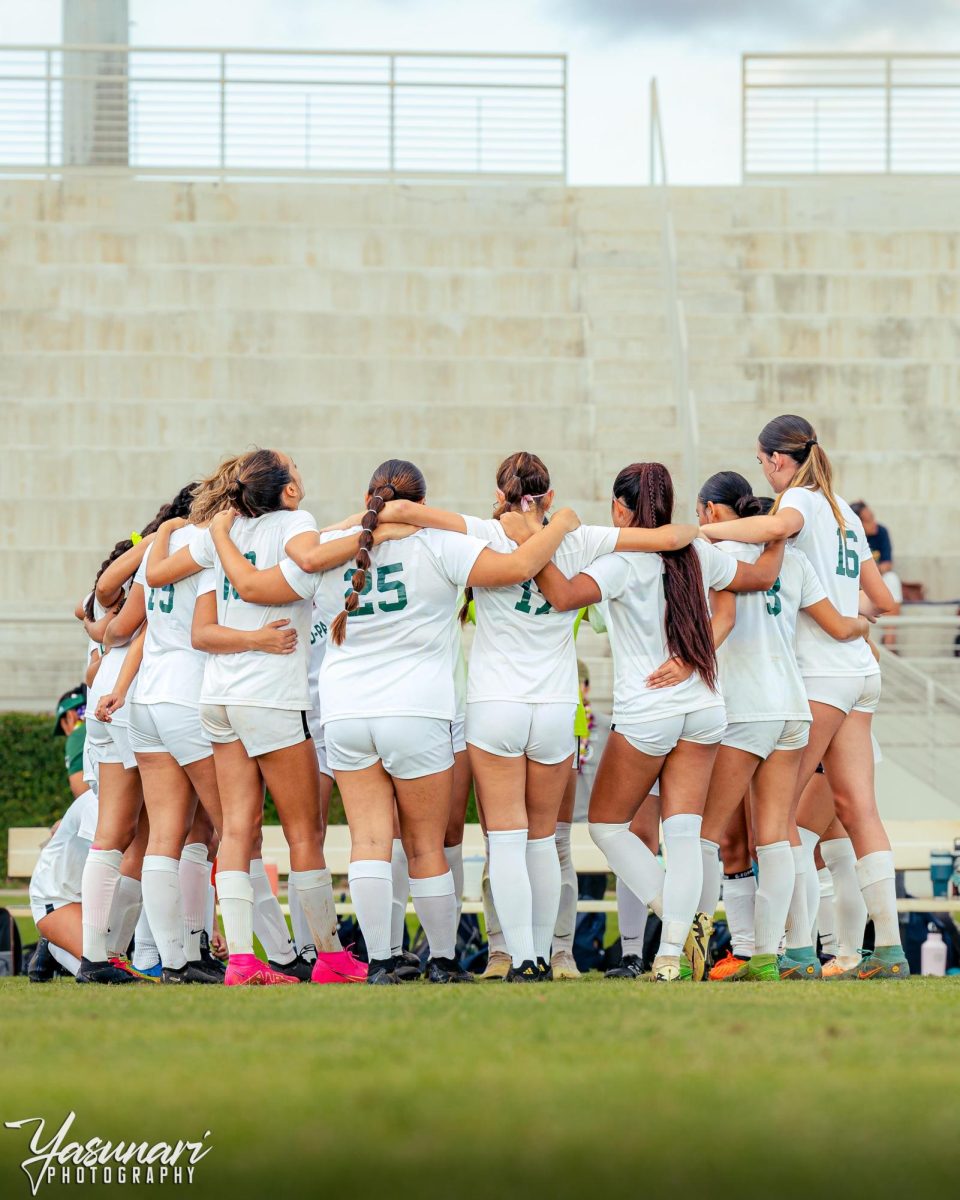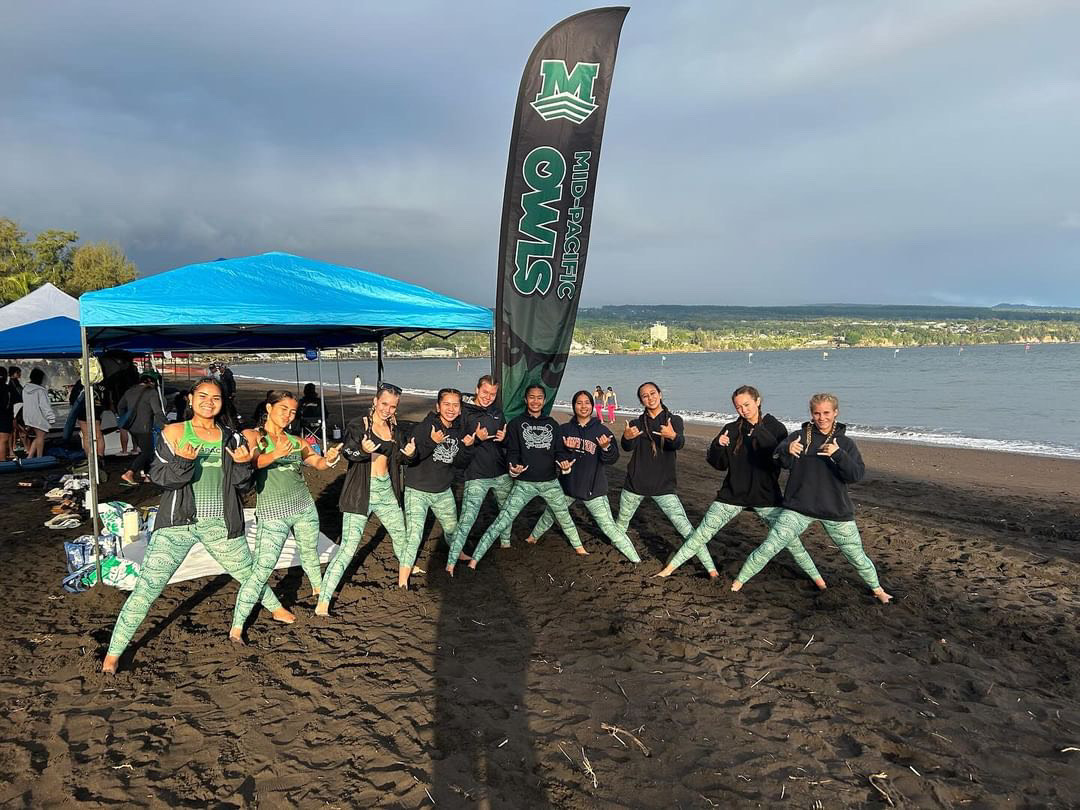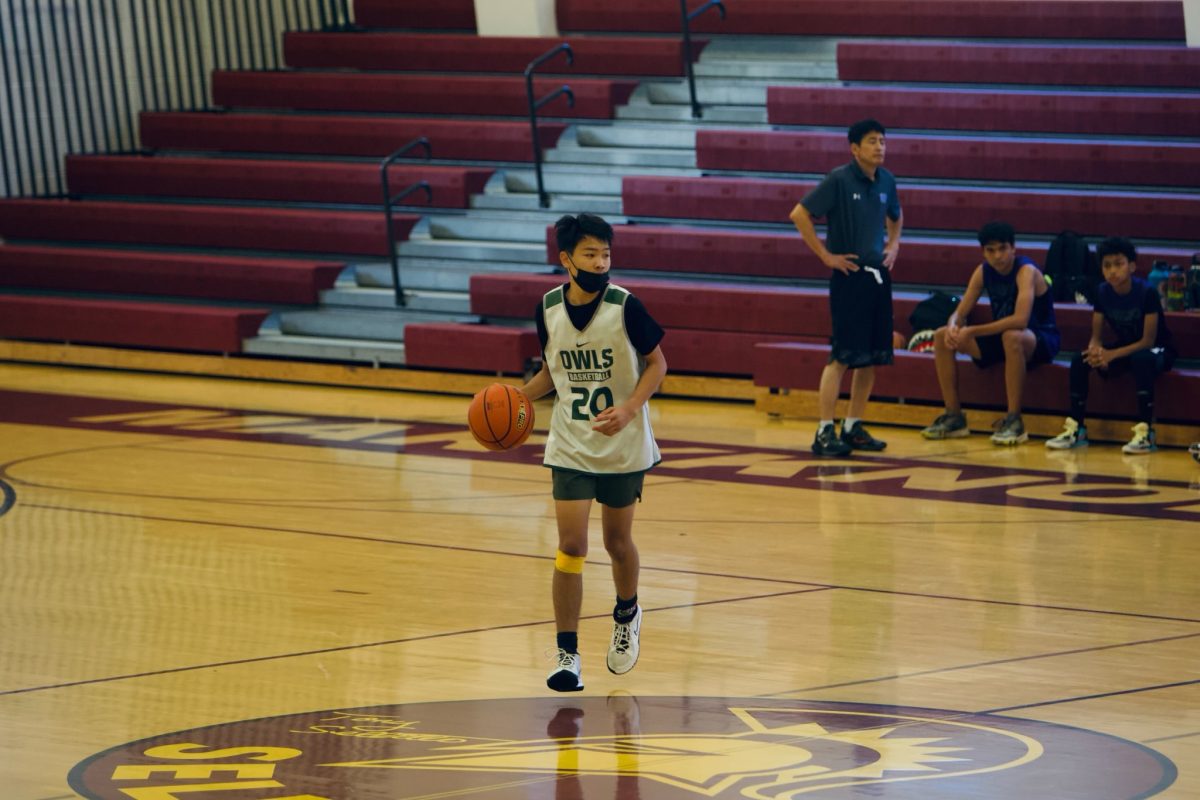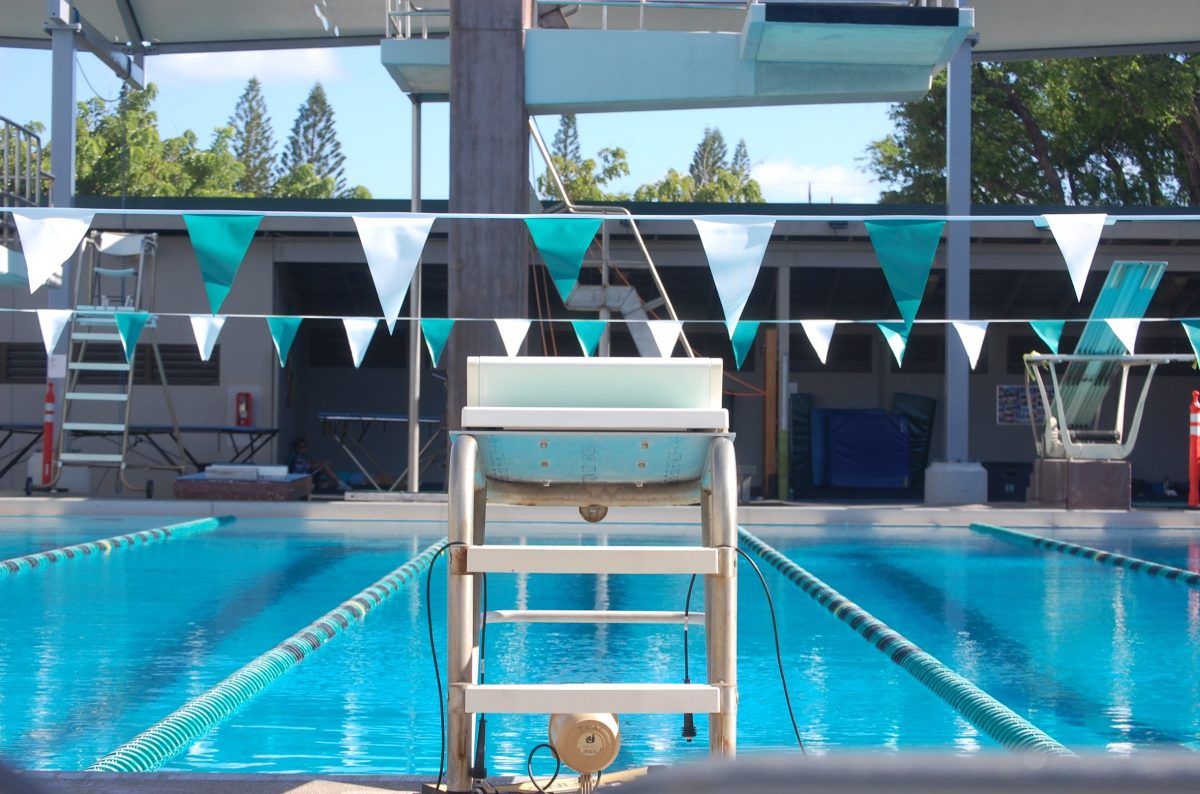For a long time, there has been a lot of disrespect directed towards women who are professional athletes. Is our school an exception to this sexism on the field?
Kate Bartholomees, senior judoka and paddler, has witnessed first-hand how girls in sports are treated differently from the boys.
“We are definitely not treated the same,” Bartholomees said.
When she and her teammates are playing, she feels they aren’t viewed and treated with the same appreciation as the guys get.
“I feel like we’re given less attention. I do judo and I feel like it’s kind of obvious that more people care about the guys’ side of it than the girls,” Bartholomees said.
She says during tournaments, the guys tend to get a lot more recognition and cheers than the girls.
Senior Chanel Awai, who does paddling, waterpolo, and cross country for Mid-Pacific, feels that there isn’t much sexism in the school’s athletics. However, she agreed as Bartholomees said, more attention is given to the boys.
“I don’t really think there is sexism in Mid-Pacific athletics. Although, there have been times where I have felt that compared to the girls teams, the boys will get a lot more attention. A lot of it, in my opinion, stems from the coaches,” Awai said.
Awai says that in certain sports, the coaches will treat all their players the same regardless of gender, however this isn’t always the case.
“Most coaches have a great balance between the two teams, but one of them I know does not. When there is an imbalance between coaching the two teams, I noticed that the boys get worked harder. Not because they can handle more, but just because the coach sees more in them than they do in the girls, without giving the girls more of a chance,” Awai said.
She and her teammates want to show they can work as hard as their male counterparts.
“I don’t see why the girls can’t be pushed just as hard as the boys are if the girls are able to handle it,” Awai said.
Her teammate agrees that sometimes it feels as though the boys are trained harder.
“I feel like there are times where boys are favored over girls, they get more opportunities and training outside of season, whereas girls only get to train during their season,” senior waterpolo player, Hoapili Kukea-Shultz said.
Girls aren’t always given the same respect on the field that the boys get, but this disrespect isn’t something only seen in person.
Online, women post videos of prideful moments with their teammates or women’s athletics conferences, but their comments are often filled with men saying things like: “Women’s soccer is not the same” or “The NBA makes more than the WNBA for a reason”.
Most of the comments are from younger men and teenage boys. This could be because they tend to be more active on social media than older men, but it could also be that we are consistently festering a sexist community in the world of athletics.
“I think it’s just inherently, people think men’s sports are more interesting and fun to watch. It’s the same with WNBA vs NBA, women’s soccer vs men’s soccer,” Bartholomees said.
There is a common idea that men’s versions of the same sports are more entertaining, when the biggest difference is their gender. Is it more enjoyable to watch a man play instead of a woman?
“People find it more interesting to watch men’s sports, I’ve heard some people say it’s because ‘men are more aggressive’ and ‘in contact sports it’s more interesting to watch because men are stronger’,” Bartholomees said.
This focus on men’s sports can lead to women being written off as less than them.
“Women are kinda just casted off to the side because originally when thinking of sports, you think of a male dominated sort of thing,” Kukea-Shultz said.
It can be disheartening as a girl looking at your future in sports, when thinking about both respect and pay.
“In more professional sports, I think it’s getting better but there are definitely some cases where women are paid less than men,” Kukea-Shultz said.
These experiences are not universal for all women.
“I have not experienced it personally outside of school, but I have heard second hand stories from other girls and women,” Awai said.
Despite these different experiences, it’s important to always remember that no matter what types of encounters you face in your sports, it’s best to continue supporting and lifting each other up.
“But, I know it’s getting a little better like there have been improvements in the amount of opportunities for women in sports but still not the same as men,” Kukea-Shultz said.




